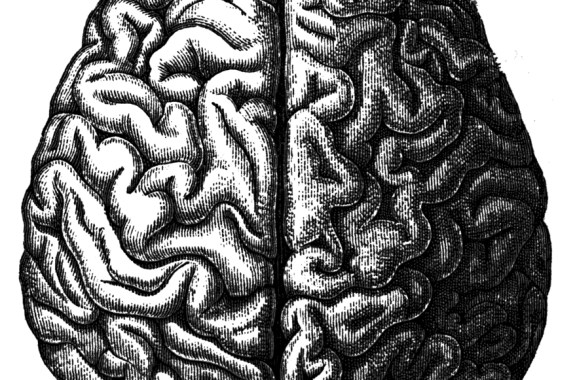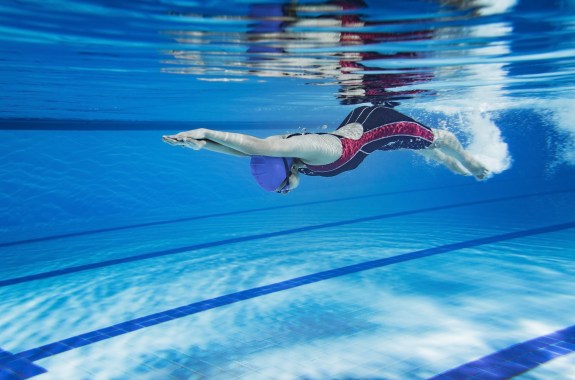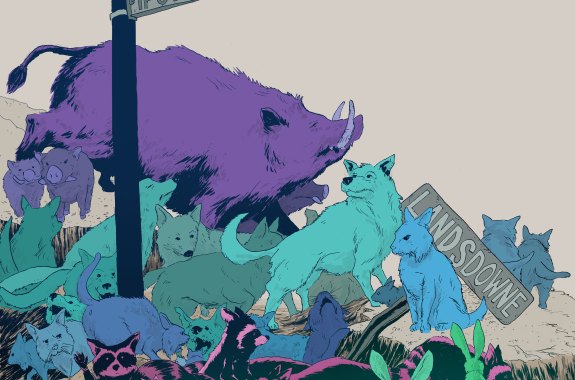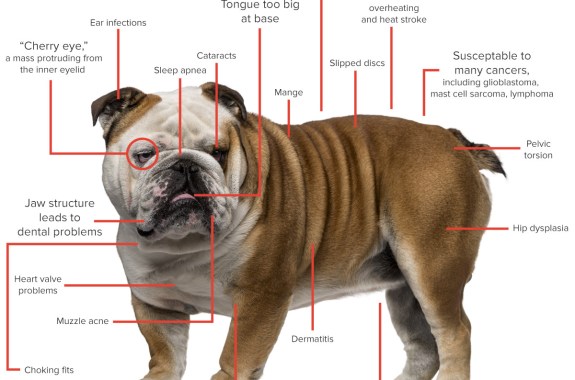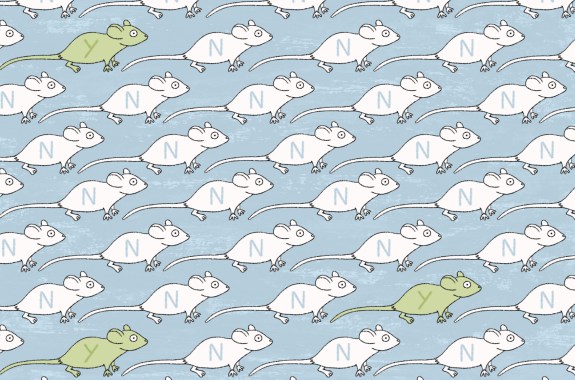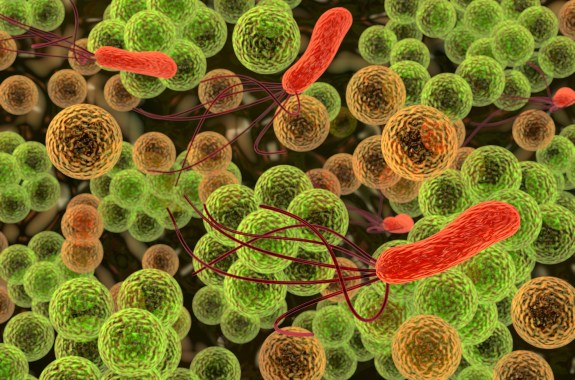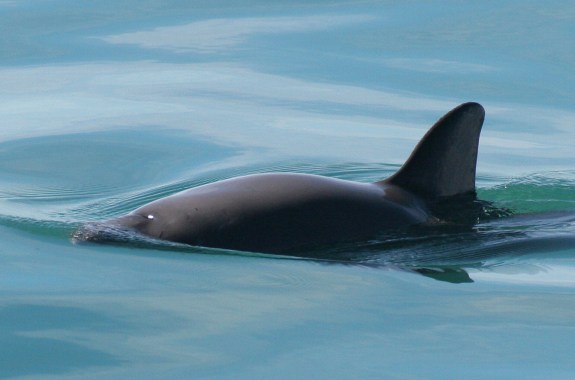Radio
Listen to Science Friday live on Fridays from 2-4 p.m. ET
April 18, 2025
Are traffic engineering decisions based on evidence-based research? Not as much as you might think. Plus, researchers captured the first confirmed video of a colossal squid swimming in its natural habitat. And, with brain-implanted devices, people with paralysis have been able to command computers to “move” virtual objects and speak for them.
7:49
The ‘World Champion of Doping,’ Rio Record-Breaking, and More
Reporter Maggie Koerth-Baker talks about the East German heavyweight lifter Gerd Bon, and why marathoners won’t break records in Rio.
16:27
Remembering Henry Molaison, the Man Who Kept Forgetting
The most famous patient in neuroscience is the subject of a new book by the grandson of the man who changed his brain forever.
6:52
Why Your Dentist Is Wrong About Flossing, a Stellar Void, and More
Paltry evidence in support of flossing, and more science news from the week.
10:13
The Physics of the Fastest Swim Strokes
The speediest strokes may not be the splashiest. What are the fluid dynamics behind the dolphin and fish kick?
17:45
The Vulnerability Of U.S. Voting Systems
If hackers are targeting the servers of political campaigns, might attacks on election systems themselves soon follow?
5:27
Read ‘Oryx and Crake’ With the #SciFriBookClub
This summer, enter Margaret Atwood’s dystopian world of bioengineering gone wild.
16:51
Is a Healthier English Bulldog Possible?
If breeding is to save the debilitated bulldog, more genetic diversity is probably necessary. But is there enough?
12:09
The Replication Game: How Well Do Psychology Studies Hold Up?
Researchers have created a new system to test influential papers for reproducibility.
17:35
The World According to Microbes
In “I Contain Multitudes,” author Ed Yong examines the connections between species and ecosystems—from a microbial point of view.
5:31
How Can We Keep the Endangered Vaquita from Vanishing?
Researchers are investigating a conservation strategy that would place some vaquitas in preserves in their natural habitat.
